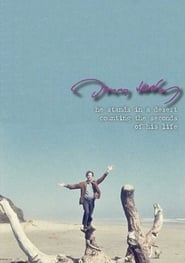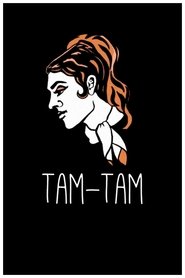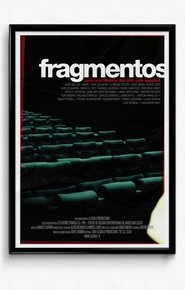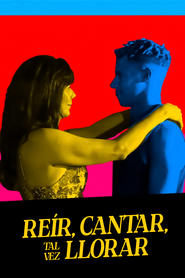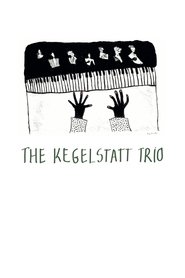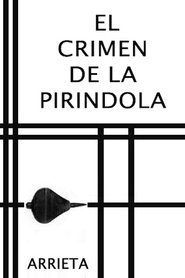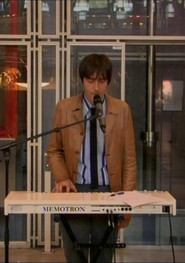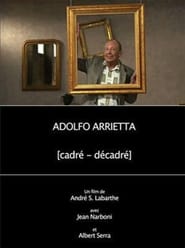Adolfo Arrieta
Adolfo González Arrieta is a spanish filmmaker, considered as the pioneer of independent film both in Spain and France, due to the artisan quality and the unique spirit of freedom of his films. He usually uses variations of his name in the credits of his films, such as Udolfo Arrieta, Alfo Arrieta or Adolpho Arrieta. His cinematic language is very poetic, apart from narrative conventions, which has made it to be compared with the cinema of Jean Cocteau. Having started as a painter, Arrieta began his filmmaking with the short films El crimen de la pirindola (1965) and Imitación del ángel (1966) both shot in Madrid, a milestone for independent cinema in Spain. He moved to Paris in 1967 with Javier Grandes, an usual actor in most of his films, where he would live through the events of May 1968. In 1969 he met Jean Marais, leading actor in La Belle et la Bête (1945), Orphée (1949) and Le Testament d'Orphée (1959) by Jean Cocteau, of whom he had been a former lover. With Marais Arrieta would shot his first feature film, Le Jouet criminel (1969), that was compared to Cocteau's cinema for his poetic nature. With Le Château de Pointilly (1972), he would receive critical praise from Marguerite Duras. He won the Great Prize at the Toulon Film Festival with Les Intrigues de Sylvia Couski (1974), acclaimed by the critics and considered as the first underground parisian film. He would follow with Tam Tam (1976), the record of an uninterrupted party between New York, Paris and Spain; and Flammes (1978), a story about a sexual childhood fantasy turning into a real passion in the adulthood. In the following years he would make Grenouilles (1983), Kiki, la gata (episode of the TV series Delirios de amor, 1989), Merlín (1990) and Narciso (2004). His next film, Vacanza permanente (2006), was awarded at the Lucca International Film Festival, and meant for Arrieta a creative rebirth. It was premiered in Madrid at La Casa Encendida de Madrid on May 27 2007, during the polipoetry festival Yuxtaposiciones, and presented by the writer Leopoldo Alas. In March 2008 the venue La Enana Marrón in Madrid held a partial retrospective of Arrieta's filmography, screening his most outstanding works.
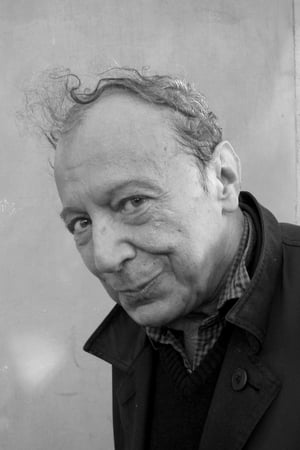
He Stands in a Desert Counting the Seconds of His Life
as Self (archive footage)A film collage tracing the story of the lives, loves, and deaths within the artistic community...
Movie pageTam Tam
as uncreditedAt a very camp party in Paris, guests are told about a strange tom-tom played by an Andalusian...
Movie pageFragmentos para una historia del otro cine español
as uncreditedDocumentary about the history of experimental cinema in Spain. FRAGMENTS is a historical survey...
Movie pageTo Laugh, to Sing, Perchance to Cry
as Director de cineToñi a trans woman asks a miraculous saint in a church to have a boyfriend, and that is how...
Movie pageThe Kegelstatt Trio
as JorgePaul and Adèle were once lovers and separated but are still good friends, one year after...
Movie pageThe Crime of the Spinning Top
as uncreditedA young boy plays with a top instead of doing his homework and daydreams about his brother and...
Movie pageL'imprésario
as SelfIn the fall of 2010, Bozon and co-conspirator Pascale Bodet commandeered the first floor of...
Movie pageAdolfo Arrietta, (cadré - décadré)
as SelfA “Cinéma, de notre temps” series episode directed by french film critic André S. Labarthe,...
Movie page